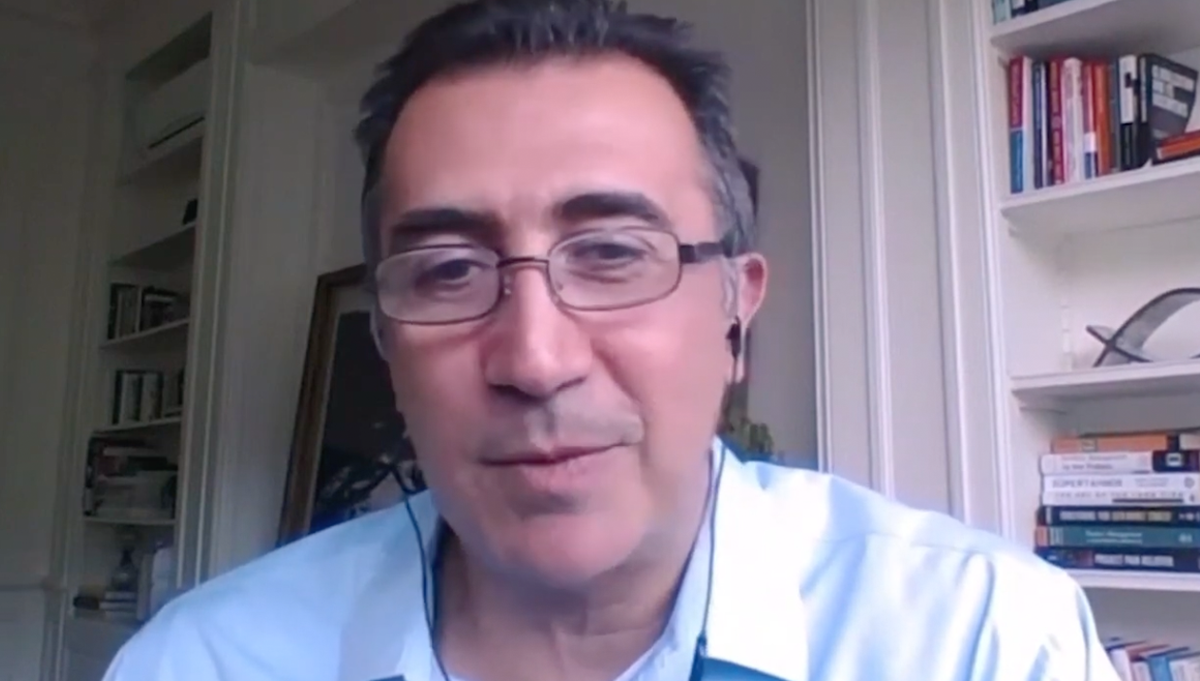May 29, 2009 Vol. 2, Issue 5
In evolutionary biology, successful adaptations lead to new ways to flourish in a changing environment. This metaphor has important implications for leadership, according to a new book by three respected experts in the field.
In their new book The Practice of Adaptive Leadership, Ron Heifetz, Marty Linsky, and Alex Grashow of Cambridge Leadership Associates argue that successful adaptive change in an organization is an evolutionary process rather than a revolutionary one. It depends on diversity, experimentation, and the ability to build on the productive heritage of an organization. In short, adaptive change requires mobilizing people to “displace, re-regulate, and rearrange the old DNA.”
The authors draw a distinction between technical problems and adaptive challenges. Technical problems are relatively clear and lend themselves to solutions that involve authority, expertise and existing structures and procedures. The goal of solving a technical problem is to restore order and maintain organizational and cultural norms. Adaptive challenges, on the other hand, question norms and expose conflicts. This kind of leaderships calls for working with stakeholders to define the problem even before solutions can be generated, and requires learning at all stages of the process.
The most common reason that efforts to effect adaptive change fail is because of resistance to loss among individuals or constituent groups. “A key to leadership, then, is the diagnostic capacity to find out the kinds of losses at stake in a changing situation, from life and loved ones to jobs, wealth, status, relevance, community, loyalty, identity, and competence,” the authors write. A leader must account for the losses that will inevitably occur. Success “can only be addressed through changes in people’s priorities, beliefs, habits, and loyalties.”
The authors offer a cautionary note to those wishing to exercise adaptive leadership: “You will have to risk whatever commitment or concern held you back on behalf of something else that you have been saying is more important to you.” They counsel courting allies, running experiments, and resisting the quick leap to action. Those who embrace adaptive leadership will discover the joy of making hard choices.
Read more about The Practice of Adaptive Leadership.
Read an ASK the Academy interview with co-author Marty Linsky about leading effective partnerships.





